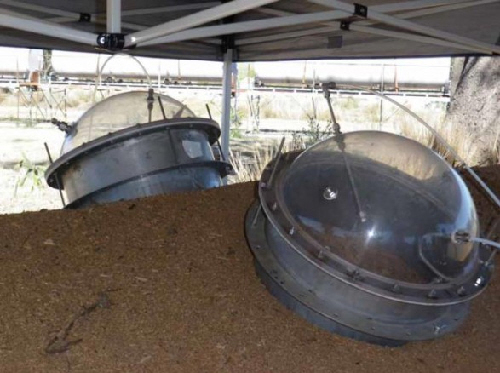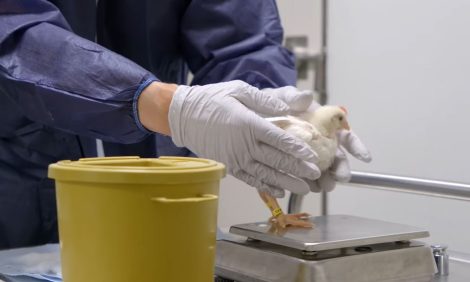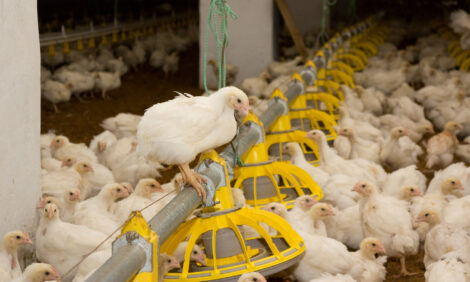



Composting Layer Hens – Does It Smell?
Eugene McGahan from FSA Consulting recently completed a project, titled 'Odour Measurement and Impact from Spent Hen Composting', funded by the Poultry CRC.This research quantified the extent of odour emissions from composting of spent hens at layer farms. The project was a collaborative effort between FSA Consulting, Pacific Environment Limited, the Queensland Department of Agriculture Fisheries and Forestry (DAFF) and two participating producers (in southern Queensland and northern New South Wales).
*
"The addition of composting operations to a typical farm would have a negligible impact on overall emissions."
The project is of great interest to industry, as composting spent layer hens has become more common in practice. However there are community concerns that if composting is conducted on-farm it has the potential to increase odour emissions that could impact negatively on neighbouring residents.
Almost 100 odour emission samples were collected using a flux chamber. These were subsequently analysed at the DAFF olfactometer in Toowoomba. Using the collected odour emission data, project leader, Mr McGahan and the team at FSA were then able to develop typical emissions profiles (by windrow age) for both sawdust and manure-based windrows.

Mr McGahan explained: “To quantify odour generation, emissions produced by composting spent hens on-farm, and the likely impact these have on community amenity, different odour modelling scenarios were run for two sites.
"The assessment showed that the addition of composting operations to a typical farm would have a negligible impact on overall emissions. However, this is based on the assumption that the windrows would be placed and then disturbed infrequently, and managed appropriately.”
March 2014









